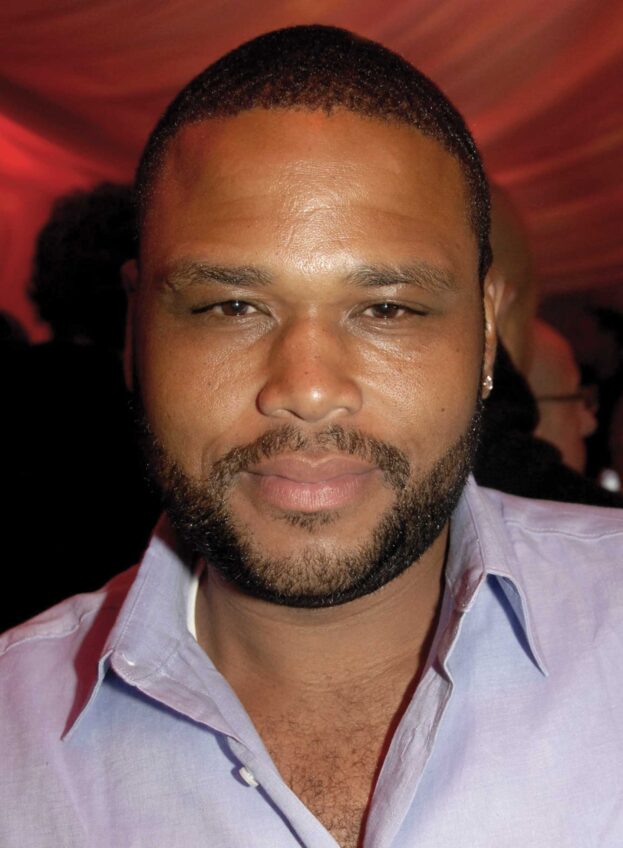A question-and-answer session with Phil Mustone, Financial Education Manager at Cambridge Savings Bank.
Q: Tell us about yourself and your role at CSB.
A: My name is Phil Mustone and I’m the Financial Education Program Manager at Cambridge Savings Bank (CSB).
I’ve been in banking for about 20 years and what I love most about my job is helping people achieve their financial goals. For me, that started in my first role as a teller and has continued to my current role.
I feel lucky to be a part of CSB where we put such a focus on and a commitment behind improving the financial well-being of those in the communities we serve. For the past 11 years, we have actually had a team dedicated to providing financial education in our communities. I’m proud to say that we have delivered financial education to over 32,000 participants — so far!
For many, the last 18 months may have been challenging with regards to finances. What are some small ways that consumers can start to think about gaining more structure around their spending and saving?
That’s a great way to start — small! It can feel overwhelming to think about your finances but the best thing you can do is to start making small changes in how you monitor your spending and start to think about saving.
To get started with budgeting, we usually recommend starting by tracking and categorizing your monthly expenses. Knowing how you spend your money today can help you plan for your future. We offer budgeting tools on our website where you will find a variety of tools to help you start the process.
If you are a CSB customer, we have a great tool called Money Management that allows you to see all your accounts in one place, including your CSB accounts and any accounts you have at other financial institutions — all within your CSB online banking. From there, you can set and manage your monthly budgets and track your income and spending in one dashboard. It’s an easy way to start getting insights into when, where, and how you spend.
Last, when tracking expenses, we find it is common to start by listing your living expenses. Instead, your first expense should be … saving! Paying yourself first is extremely important and can make an impact on your progress toward your savings goals.
Onto savings! Saving is similar to budgeting in that it’s important to just start; even the smallest amount can make a difference over time. We recommend that you start by setting up weekly or monthly, automatic transfers from your checking account to a savings account. It’s an easy way to set it and forget it! You can also explore related topics — from learning about different savings accounts to saving with a purpose.
If a consumer is looking to make a bigger purchase that will require them to obtain a loan (i.e., a car, a home, etc.), where do you think they should begin?
Making a big purchase can be a really exciting time, but it’s important to keep your current income in mind and think about what you can realistically spend.
When looking into a big purchase, your budget tracking can come in handy. You will likely want to look at the other expenses you have to understand how comfortable you are adding onto them. In addition, when you consider the cost of a big purchase like a home or a car, you will also want to consider the costs above and beyond the purchase itself. For example, for a home you will have utility and maintenance costs and for a car, you will have to consider the cost of insurance and routine maintenance.
Obtaining your current credit score is also a good way to start the buying process for a bigger expense that may require you to get a loan. Your credit score is a measurement of your ability to pay back a loan and is based on things like your credit payment history, how much you currently owe, your use of credit, etc. Major credit bureaus make it easy to access your free credit report online. You’ll want to review your report for inaccuracies and to see where you stand.
Taking some of these steps will help you to feel more prepared for your purchase.
When consumers look to their future (i.e., saving for a bigger purchase, planning towards retirement, etc.), what are some things that you think make sense for them to consider?
Everyone’s financial journey is different and so it’s important to take stock of where you are today and where you want to go. For some people, that may be paying down debt and for others, it could be saving for a large purchase.
Regardless of your goals, we find that many people find it helpful to tie a purpose to their savings. Saving with a purpose has you identify the “why” behind your savings goals and match each dollar you save toward a specific goal. You can learn more about how to save with a purpose here.
For those who are planning for retirement, you may want to take a look at how you are tracking toward your goals. Visit our quick calculator that can help you understand how long your retirement savings will last.
If you are looking to learn more about how to invest, we encourage you visit our investing resources where you can read about 401ks, portfolio building and more.
If people are looking for places where they can grow their financial well-being, where do you suggest they start?
We’d love for you to check out the financial education page on our website. The page includes a calendar of our upcoming workshops and registration details, more information on our customized financial education programs, and access to quick, fun, and easy digital resources to build your financial wellness. We also encourage you to connect with my team directly at learning@cambridgesavings.com or visit one of our local branches to see how we can help you build your money management skills.







